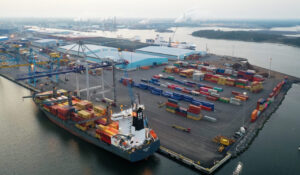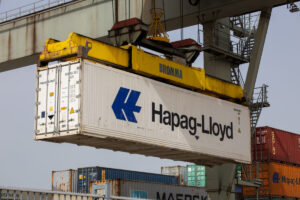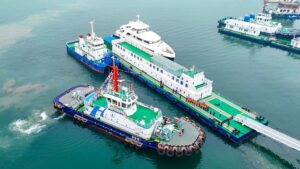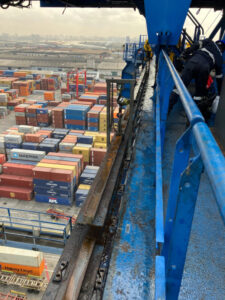Singapore is the most prepared city in the world for adopting artificial intelligence (AI) and other exponential technologies, according to a study from the Oliver Wyman Forum.
The index ranked over 100 cities around the world for their readiness for adopting AI and digital transformation technologies.
Exclusive Paper: A Call from the Inuit: Clean-Up Arctic Shipping
Singapore obtained an overall score of 75.8 out of 100 and was followed by London with 75.6, New York 72.7, San Francisco 71.9, Paris 71.0, Stockholm 70.4, Amsterdam 68.6, Boston 68.5, Berlin 67.3, and Sydney 67.3.
Singapore first introduced its Smart Nation plan in 2014 setting the goal of adopting information communication technologies (ICT) and Big Data in to develop advanced digital solutions.
Cities were ranked on the base of four main criteria: the city capacity to follow through on forward-looking plans, quality of a digital transformation roadmap, quality of skilled workers, and how activation and asset base affect the overall momentum of digital development.
According to the research, despite the fact that many of these cities earned a good ranking, it is suggested to undergo further improvements so that these can be prepared to adopt the latest technology.
The study also pointed out that none of the cities ranked in the top 20 across all four criteria.
Timocin Pervane, partner at Oliver Wyman, said “Most cities plan to use AI to become ‘smart cities’ or the next Silicon Valley, but few focus on the bigger, strategic social and economic opportunities and challenges, such as the need to retrain people who may be forced to look for new work as a result of the broad deployment of AI.”
Singapore aims to use technology to improve public transportation networks, provide quality care for senior citizens, establish a secure and open data marketplace, and introduce cashless payments.
Another research from the United Nations Conference on Trade and Development (UNCTAD) named the Port of Shanghai the world’s best-connected port in the world.
Shanghai scored a connectivity rate of 134 points, followed by the Ports of Singapore (124.63 points), Busan (114.45 points) and Ningbo (114.35 points), Antwerp (94 points) and Rotterdam (93 points).
UNCTAD’s port Liner Shipping Connectivity (LSCI) Index aims to analyze maritime transport trends and determine ports’ positions compared to others. It provides data on more than 900 ports dating back to 2006.
AI and other exponential technologies will be key to the development of digital ports and the wider supply chain. These will all be discussed at Port Technology’s Smart Digital Ports of the Future (SDP19) conference in Rotterdam.








